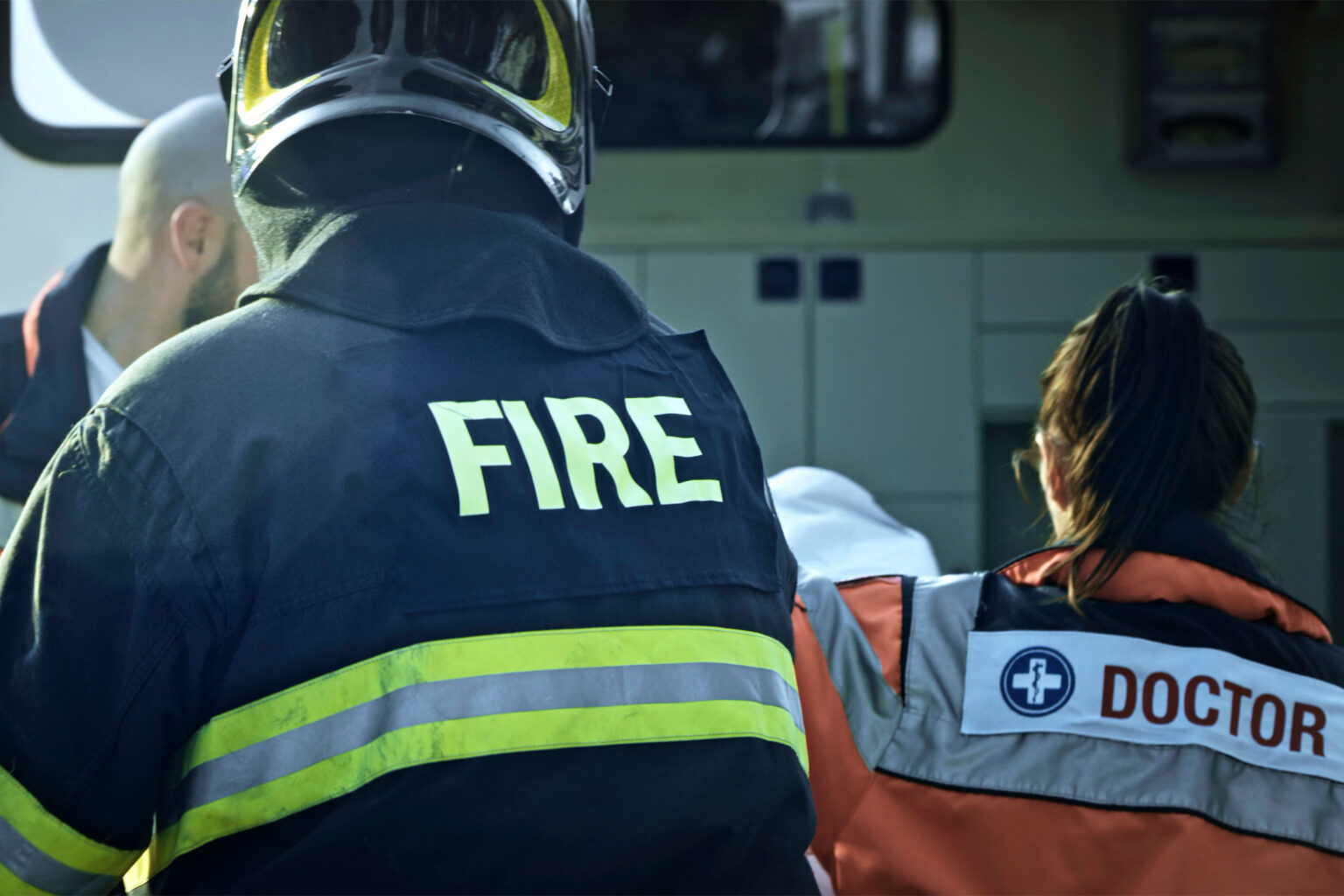
The novel coronavirus is known for symptoms of fever, coughs, headaches, fatigue, and more. However, a new symptom has arisen, specifically among emergency responders: stress. For the last six months, Drexel University’s Dornsife School of Public Health has studied emergency responders in Philadelphia and 16 other fire departments in the United States.
Dr. Jennifer Taylor has led a team of Drexel researchers to study the stress that comes with being an emergency responder coupled with the stress of contracting COVID-19. As emergency responders, their gut reaction is to help others before helping themselves by putting on protective gear.
“It’s the calls when you don’t think you need to put it on and then the patients are coming back positive and then our members have to worry about did [sic] they contract it,” Jacqulyn Murphy said, a paramedic for the Philadelphia Fire Department.
According to the Pennsylvania Department of Health, COVID-19 cases have reached an all-time high. However, this is not an issue in only Pennsylvania; rising COVID-19 cases are found all around the country. With such a dire risk at hand, emergency responders are extremely worried about contracting the virus, according to Crystal Yates, Deputy Commissioner of the Emergency Medical Services in Philadelphia.
“I think that we are having stresses coming from multiple angles, like a pressure cooker as we term it, like, ‘You’re getting it! You’re getting it,'” Yates said.
Using mental health assessments that have a fast turnover rate, Dr. Taylor and her team are able to measure the emotions of emergency responders of Philadelphia and 16 other municipalities. Although the study is not yet complete, preliminary findings have been discovered.
“It’s interesting because we are seeing, in some places around the country, not uniform, but spikes in anxiety, spikes in depression. And one of the things that is concerning the most is increases in intent to leave the profession,” Dr. Taylor said when asked about the initial findings.
Even before COVID-19, Dornsife School of Public Health had seen the intense stress placed on EMS officials. As COVID-19 cases, and the stress along with it, ramp-up, emergency responders are needed now more than ever. If there comes a time when Philadelphia and other cities are seeing a shortage of those willing to put on their EMS uniform every day, serious problems will arise.
These preliminary findings are worrisome, but the Philadelphia Fire Department is showing initiative to deal with this crisis. For one, it has released information on “employee assistance programs” that are intended to help EMS officials combat stress.
Yates said, “We also have other avenues through our local union. We have peer support groups.”
By the end of 2020, Dr. Taylor and her team are hoping to have substantial data to steer fire departments to develop helpful resources for emergency responders to combat the pandemic-related stress. However, as the researchers analyze the data, the program is low on funds.
“It behooves us to try to find the funding to keep going so that we can continue to measure,” Dr. Taylor said.
As the second wave of the coronavirus hits cities and states across the United States, the work at Dornsife School of Public Health will be crucial to making sure emergency responders are ready to protect and serve the public.


